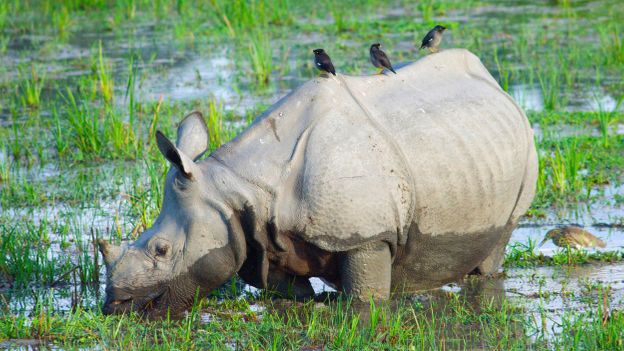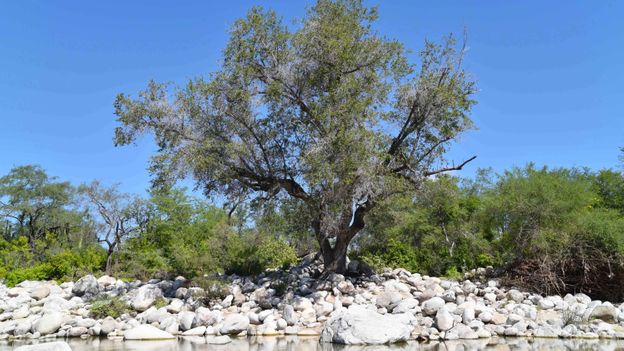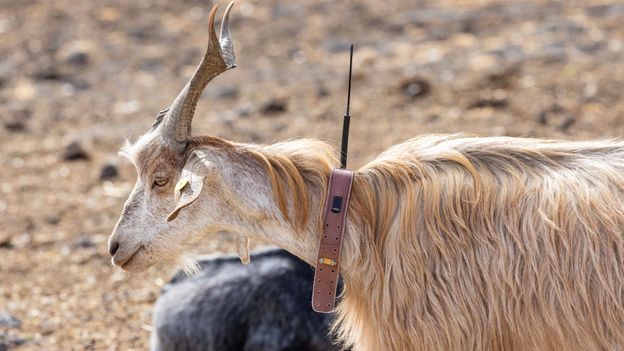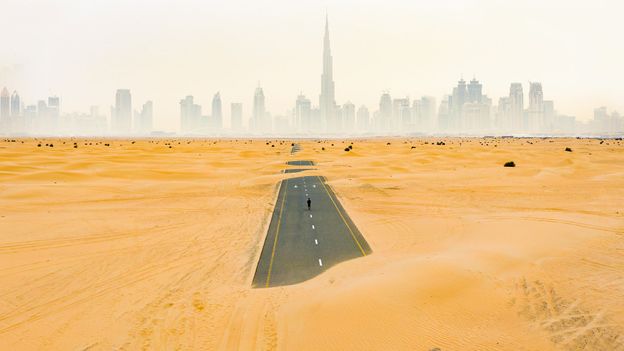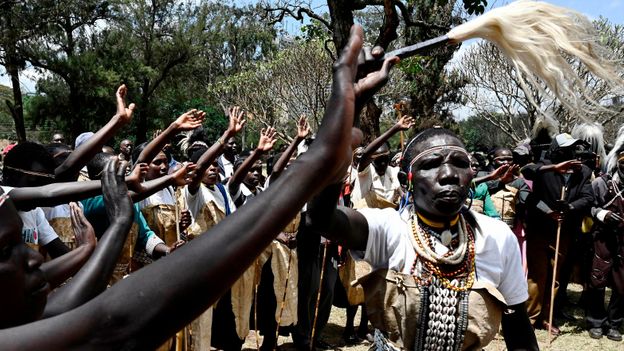The benefits of tourism for species and environmental conservation are hotly contested. However Banerjee and other conservationists believe that sustainable tourism, and the income it provides, could create a virtuous feedback loop for Manas. “Locals also realise that over-exploiting natural resources in their environs could lead to not only reduced tourism revenues but greater policing by the government,” she remarks. “That is a serious disincentive.”
In a state with a per capita GDP of roughly £820 ($1,120) a year, reviving Manas has cost IFAW an estimated $2.5m (£1.9m) so far. Menon says it has been worth it. As “mega-herbivores”, rhinos indicate the health of the Manas grasslands: their presence suggests the habitat is in good ecological condition, providing water, clean air and carbon sequestration. Grassland regeneration has also helped conserve species like the endangered pygmy hog and the world’s rarest bustard, the Bengal florican.
In 2003 when the Bodo Peace Accord was signed, Manas had lost its entire population of rhinos and swamp deer. In 2021 Manas was home to 52 rhinos, 48 tigers, more than 1,000 wild elephants and a number of endangered animals such as clouded leopards, pygmy hogs, hispid hares and Bengal florican.
The Manas model has been proposed as a best practice for World Heritage conservation and management in Unesco, and is spurring conservationists to identify more areas for rewilding elsewhere. “The Rann of Kutch (Gujarat), Sundarbans (West Bengal) or the Western Ghats of Central India could benefit from similar projects,” Banerjee says, provided such projects have the required intensive community support and financial resources.
Meanwhile, with his trusty binoculars and tracking gear in hand, Ontai sets off in pouring rain to track the three rhino calves that were released in April 2021. “Manas is my home,” he says. “If it thrives, we thrive. If it goes, we go.”
—
Join one million Future fans by liking us on Facebook, or follow us on Twitter or Instagram.
If you liked this story, sign up for the weekly bbc.com features newsletter, called “The Essential List”. A handpicked selection of stories from BBC Future, Culture, Worklife, and Travel, delivered to your inbox every Friday.

